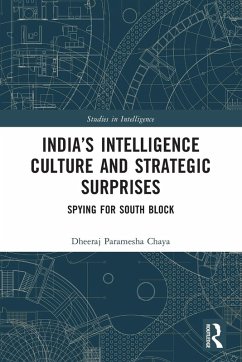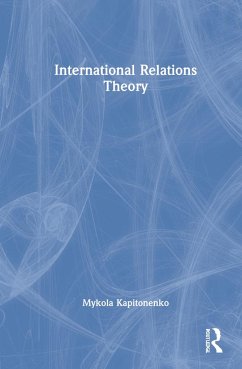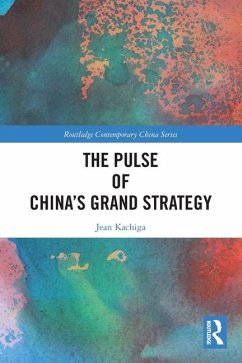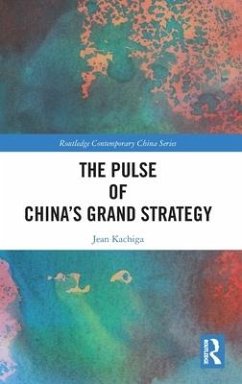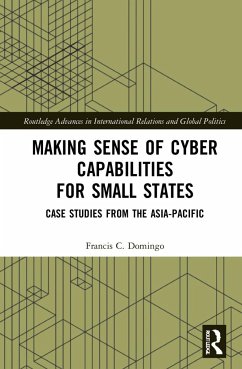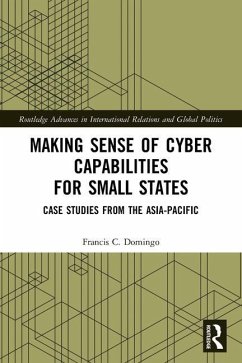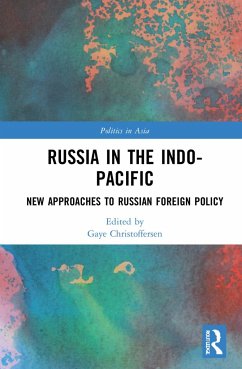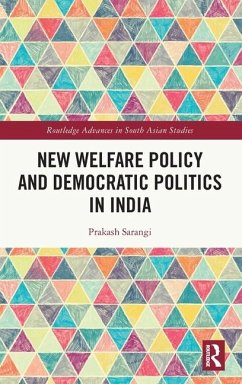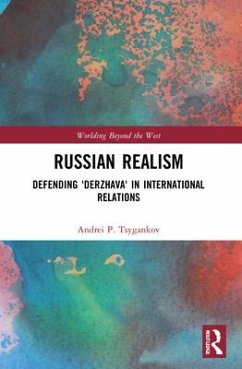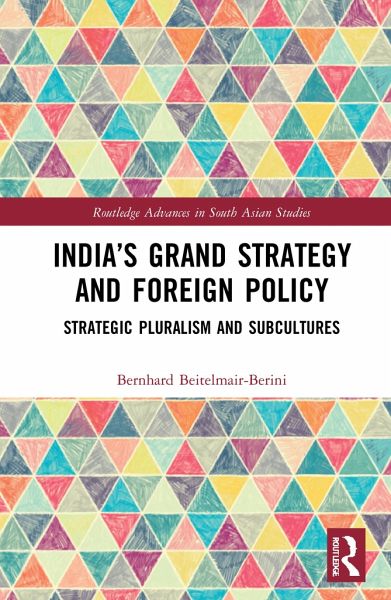
India's Grand Strategy and Foreign Policy
Strategic Pluralism and Subcultures
Versandkostenfrei!
Versandfertig in 6-10 Tagen
43,99 €
inkl. MwSt.
Weitere Ausgaben:

PAYBACK Punkte
22 °P sammeln!
The book explores the competing grand strategic worldviews shaping India's foreign and security policies by analyzing the interaction between normative modern international relations theories and vernacular concepts of statecraft and strategy.To assess the diverse competing ideas which characterize India's debates on grand strategy and foreign policy, the author presents the subculture-cleavage model of grand strategic thought. This innovative analytical framework reveals the complexities of India's strategic pluralism and offers the building blocks for a systematic analysis of grand strategy ...
The book explores the competing grand strategic worldviews shaping India's foreign and security policies by analyzing the interaction between normative modern international relations theories and vernacular concepts of statecraft and strategy.
To assess the diverse competing ideas which characterize India's debates on grand strategy and foreign policy, the author presents the subculture-cleavage model of grand strategic thought. This innovative analytical framework reveals the complexities of India's strategic pluralism and offers the building blocks for a systematic analysis of grand strategy formation. The book demonstrates that the strategic paradigms, or strategic subcultures, are marked by contending ideas of Indian statehood and civilization, held by policymakers and the informed public, and are a result of ideology-driven perceptions of the country's strategic environment. The author argues that the apparent hybridization and stretching of modern and traditional concepts of international relations in India has become a widespread feature of Indian foreign policy to meet the needs of state formation and nation-building.
A unique approach to organizing and understanding the debates and discourse in Indian strategic thinking, the book will be of interest to specialists and students in the field of International Relations, political theory, South Asian Studies, and India's foreign and security policy.
To assess the diverse competing ideas which characterize India's debates on grand strategy and foreign policy, the author presents the subculture-cleavage model of grand strategic thought. This innovative analytical framework reveals the complexities of India's strategic pluralism and offers the building blocks for a systematic analysis of grand strategy formation. The book demonstrates that the strategic paradigms, or strategic subcultures, are marked by contending ideas of Indian statehood and civilization, held by policymakers and the informed public, and are a result of ideology-driven perceptions of the country's strategic environment. The author argues that the apparent hybridization and stretching of modern and traditional concepts of international relations in India has become a widespread feature of Indian foreign policy to meet the needs of state formation and nation-building.
A unique approach to organizing and understanding the debates and discourse in Indian strategic thinking, the book will be of interest to specialists and students in the field of International Relations, political theory, South Asian Studies, and India's foreign and security policy.





